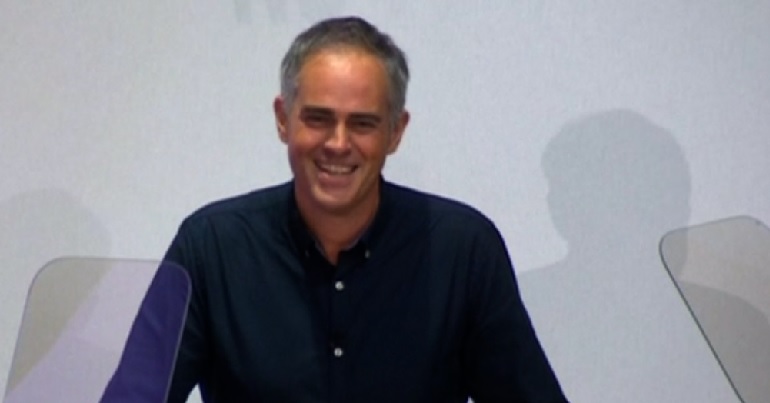Greens hit 8% in latest general election poll and push Lib Dems into fourth place

The UK’s Green Parties entered 2021 with polls showing support for the party was on the rise. A new poll released today suggests that trend is continuing.
The poll from Ipsos MORI suggests that if a general election was held tomorrow, 8 per cent of people would vote Green. This puts the Greens in third place, ahead of the Liberal Democrats. And according to polling aggregator Election Maps UK, this is the first time support for the Greens has reached 8 per cent since February 2020.
The poll comes as the UK’s Green Parties are set to fight a larger than usual set of elections in May. After 2020’s local elections were postponed, voters are now set to elect members of the Welsh and Scottish Parliaments, alongside an unprecedented number of councillors, the London Assembly and Mayors across the country. Greens are hoping for strong results after 2019 saw the Green Party of England and Wales double its tally of councillors overnight.
Green Party co-leader Jonathan Bartley said that the poll was evidence of people wanting to back a party that “puts people and planet first”. He told Bright Green.
It’s great to see the polls reflecting the increasing support for the Greens.
More than ever people are looking ahead, thinking about what life could be like once we come out the other side of this pandemic and they want to support a party that has a vision for that future which puts people and planet first.
We’re focused on investing to create Green jobs, in building resilience in communities and making homes warm and comfortable – really practical steps that make life better and contribute to dealing with the climate emergency.
The full voting intention data from the Ipsos MORI poll, with changes since its last poll in December was:
- Conservative: 42% (+1)
- Labour: 38% (-3)
- Green: 8% (+3)
- Liberal Democrat: 7% (+1)
- Scottish National Party: 5% (-)
YouGov also released a new poll today. That puts the Greens on 6 per cent (up two points since January). YouGov has the Greens on level pegging with the Lib Dems.
PS. We hope you enjoyed this article. Bright Green has got big plans for the future to publish many more articles like this. You can help make that happen. Please donate to Bright Green now.
PPS. Bright Green has an exciting series of events coming up. Join us for debates, interviews and much more.
Image credit: BBC Screengrab



Out original raison d’etre was to make our population aware of the green crisis.
That is (broadly) achieved.
Is our only raison d’etre now to gain votes? We have no monopoly of green awareness or policies necessary to achieve green goals, even though we have much to contribute. Should we start to seriously increase our share of the vote, other parties will adopt green policies in response, and limit our political threat, as is already happening. Especially in the context of the squeeze on small parties in our partially democratic system.
The green crisis cannot be dealt with under a world economic system based on the accumulation of monetary wealth, itself dependent on an ideology based on competition and maximising consumption, top to bottom.
Without a radical redistribution of wealth and a change from competition to cooperation, the green catastrophe unpeeling before our eyes will not be avoided.
That should be our new starting point for deciding political priorities.
Bernard writes:
“Should we start to seriously increase our share of the vote, other parties will adopt green policies in response”
Exactly. Nicely put.
Not quite sure then why the comment is couched as “let us not go after votes / winning seats.”
I would be pretty sure that these polling figures have more to do with our wave of new councillors saying and doing what they said they would say and do, which automatically gains recognition and support.
It is not to do with national exposure as there is virtually none. (not a criticism in this context, more a statement of fact, for which there are seceral reasons)
I do not disagree with Bernard about the scale of the transformation required. And in certain contexts it is fine to spell this out – i.e. when one has the time and space to do so.
But for electoral purposes, in the British context with its phoney voting stystem and its largely supine and unquestioning and uininformative media (at national level) one has to keep the message simple and attractive.
Yes there are problems with this, and let’s discuss those. But let us not dismiss the importance of winning seats / votes, and ultimately power.
In most aspects of our lives we cooperate and compete simultaneously. As do nations. Sadly, those interested in wealth creation for themselves tend to be blind to the benefits of collective advancement and not very willing to accept any veto of their activity. Commitment to putting the environment top of their agenda, is unlikely. Only when people understand that individual choice has to be limited in the interests of the planet’s survival will they vote for candidates prepared to legislate to that end.